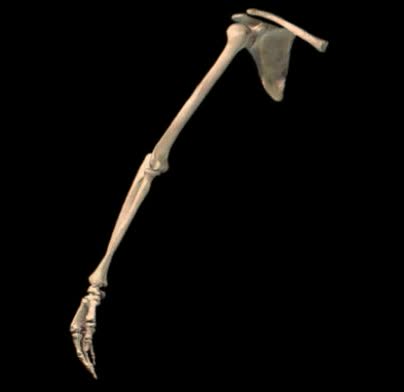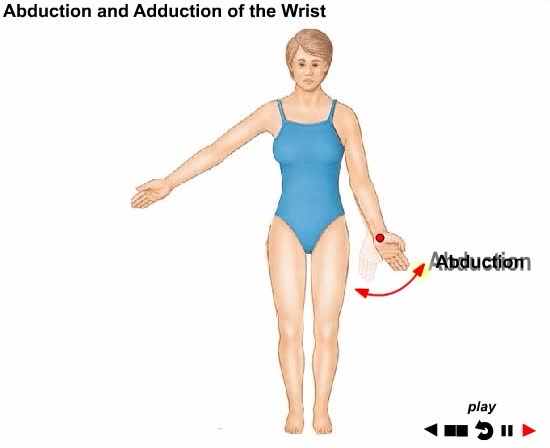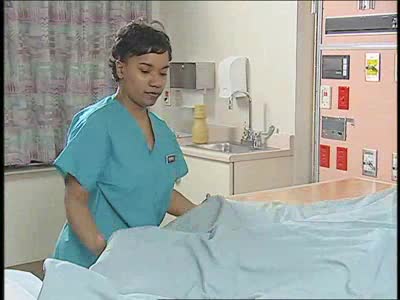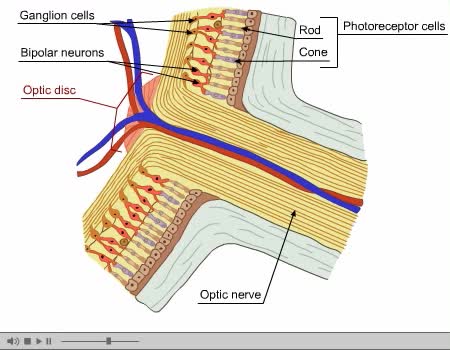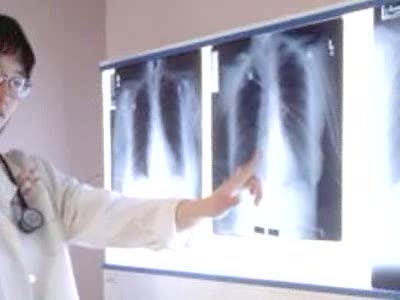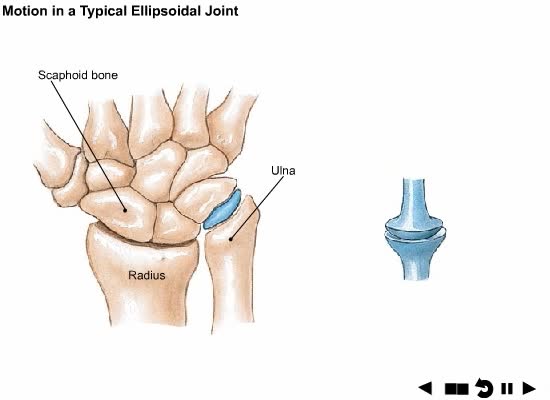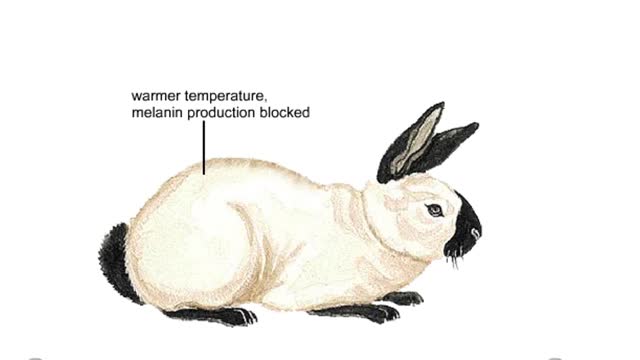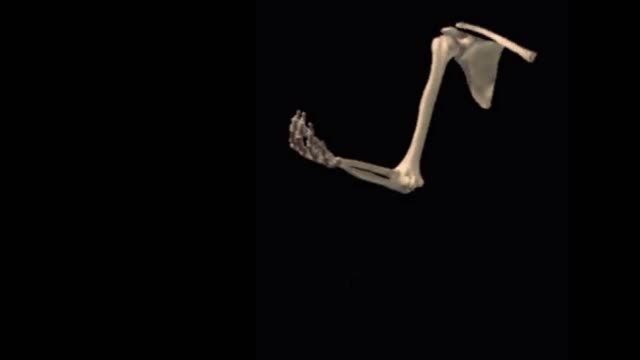Search Results
Results for: 'Body fluid volume'
By: Administrator, Views: 582
Types of body movement that occur at the diarthrotic joints: - Rotation - Supination
By: Administrator, Views: 543
Types of body movement that occur at the diarthrotic joints: - Abduction - Adduction - Circumduction - Dorsiflexion
By: Administrator, Views: 15100
Anatomic: Body erect, head facing forward, arms by the sides with palms to the front; used as a standard anatomical position of reference Dorsal recumbent: On back with lower extremities flexed and rotated outward; used in application of obstetric forceps, vaginal and rectal examination, and ...
By: Administrator, Views: 15137
A photoreceptor cell is a specialized type of neuroepithelial cell found in the retina that is capable of visual phototransduction. The great biological importance of photoreceptors is that they convert light (visible electromagnetic radiation) into signals that can stimulate biological processes...
By: Administrator, Views: 14468
Tuberculosis (TB) is an infectious disease usually caused by Mycobacterium tuberculosis (MTB) bacteria. Tuberculosis generally affects the lungs, but can also affect other parts of the body. Most infections do not have symptoms, in which case it is known as latent tuberculosis. https://www.ppd...
Classification of Joints Animation
By: Administrator, Views: 501
Types of body movement that occur at the diarthrotic joints: - Abduction - Adduction - Circumduction - Dorsiflexion Classification of Joints: - Synarthrosis (Fibrous) - Amphiarthrosis (Cartilaginous) - Diarthrosis (Synovial)
Effect of the environment on coat color in the Himalayan rabbit Animation
By: HWC, Views: 7320
An organism's phenotype—the combination of traits that we observe—is the product of interactions between its genotype and the environment. For example. a Himalayan rabbit is completely white at birth. But within weeks, the fur on the rabbits ears, nose, tail. and lower legs darkens. The...
By: Administrator, Views: 692
Normal starting position for elbow flexion is with the subject supine with the shoulder positioned in 0 degrees of flexion, extension and abduction with the arm close to the side of the body
Chronology of leptin research (A history of leptin research)
By: HWC, Views: 8743
In 1950. researchers at Jackson Laboratories noticed that one of their mice had become extremely obese—it had an insatiable appetite. Intrigued, they bred a strain of mice showing this characteristic. In the late 1960s, researchers surgically connected the bloodstreams of a normal mouse and a...
Advertisement



